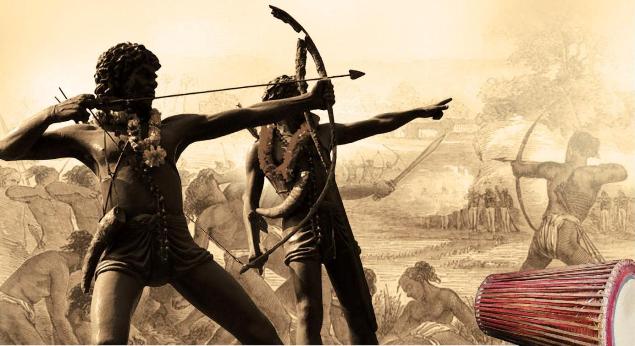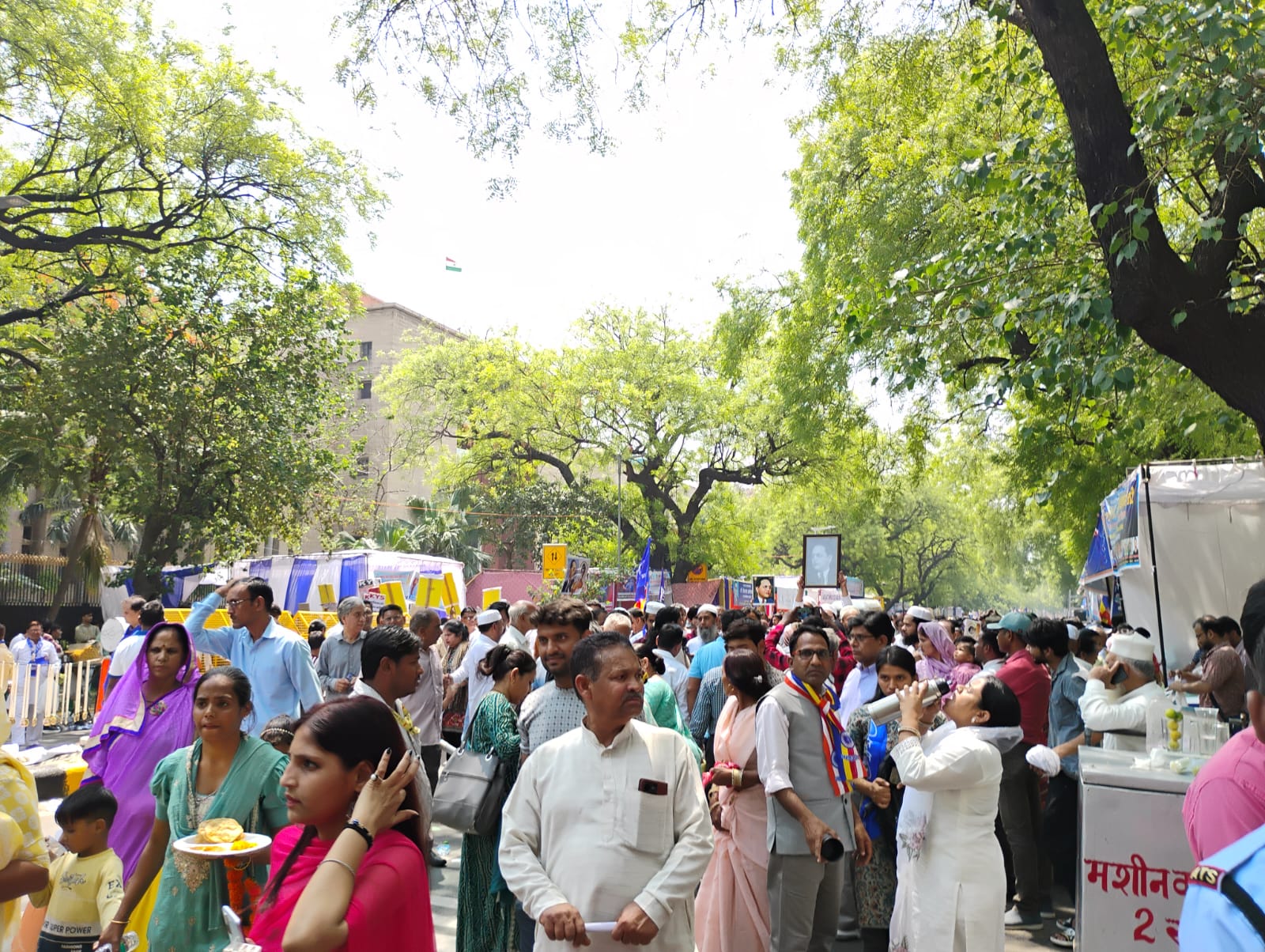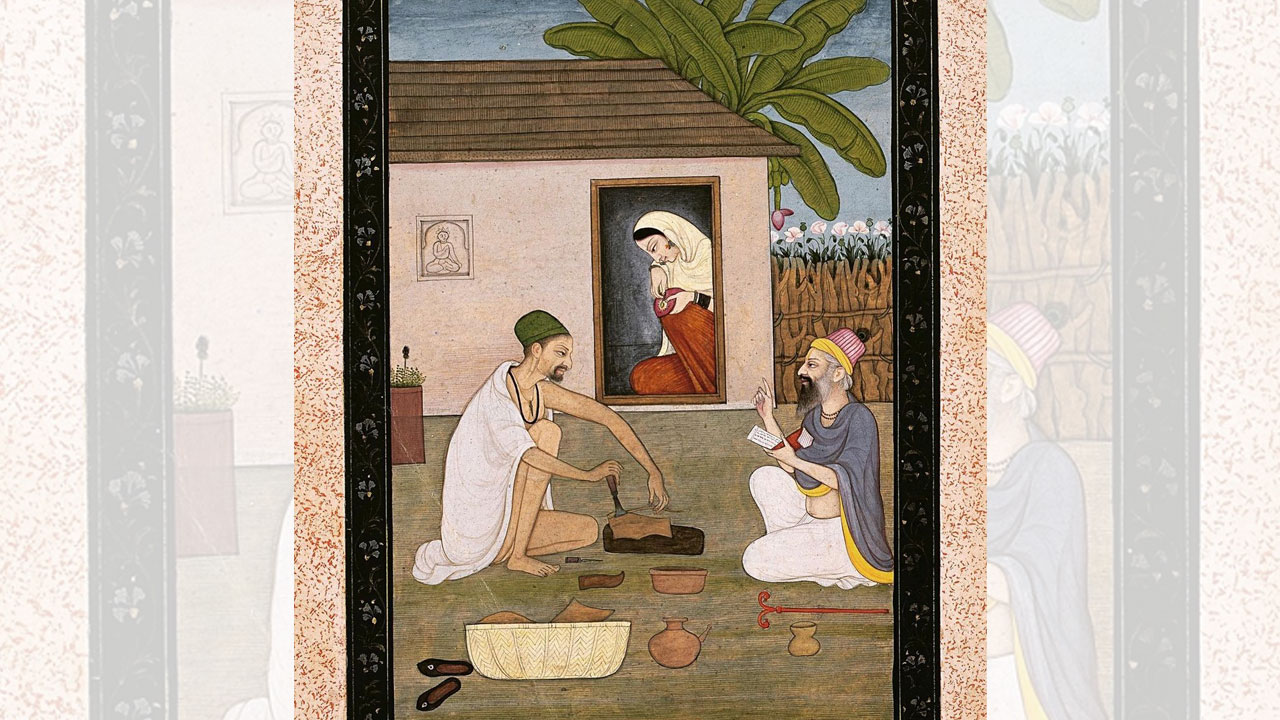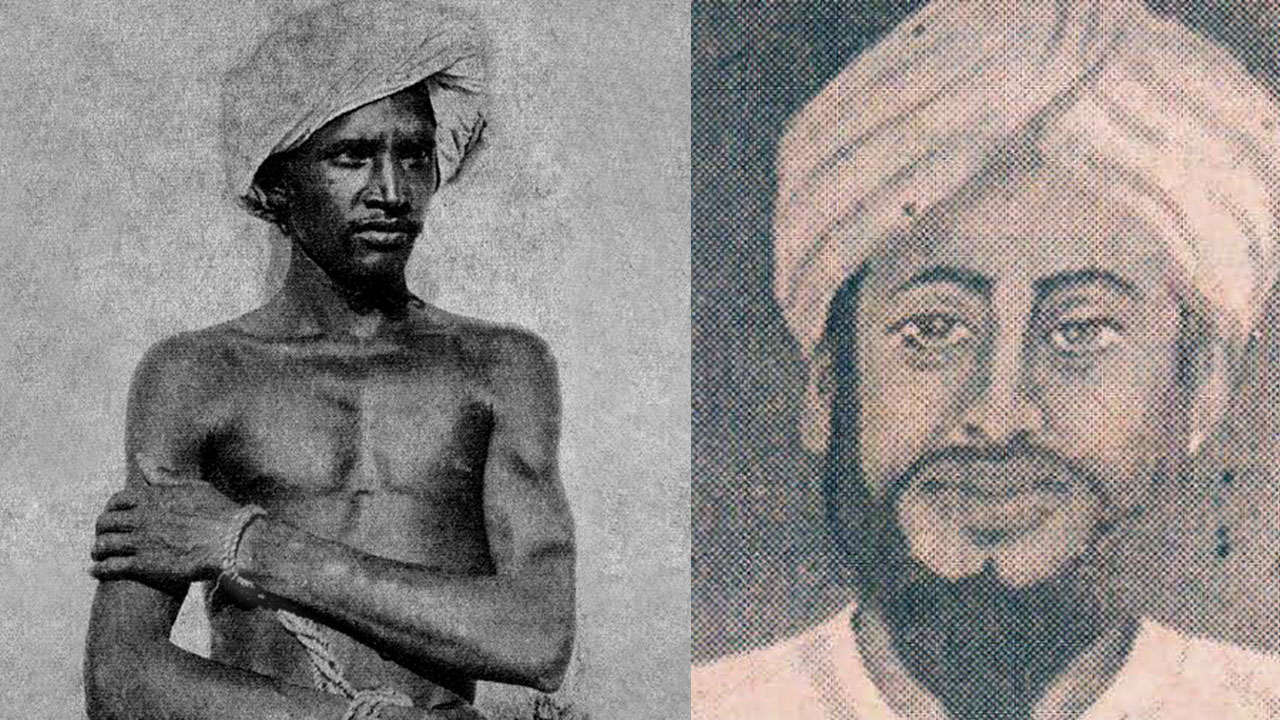The untimely demise of Maharashtra’s well-known Phule-Shahu-Ambedkarite researcher, critic and thinker Prof Hari Narke, on 9 August 2023, came as a shock for progressive movements. He had posted a message for his close friends on 22 June 2023, saying that his kidney and cardiac ailments had not been correctly diagnosed and that he was wrongly treated for asthma. I was also one of the recipients of the message. He wrote, “I am back home but feeling very fatigued. I will talk with you once I regain my health.” To ensure that he got adequate rest, some of us did not even phone him.
About a month ago, Hari Narke again began delivering lectures. The mayor of the Thane Municipal Corporation invited him to deliver a lecture. Thousands heard him speak. The mayor said that today when forces of religious fanaticism are raising their ugly head and the country is being painted saffron, we need people like Narke who can enlighten us.
When he was just 19, Hari Narke took on the anti-Phule brahmanical forces in Maharashtra by presenting Phule-Shahu-Ambedkar ideology cogently and logically. His assertions were backed by irrefutable evidence. That marked the beginning of the journey of a walking encyclopedia. Narke achieved what great scholars and leading lights of the progressive movement couldn’t. His was an alternative model for social research.
Narke, who began as a worker at TELCO, had to struggle with poverty. He had strong moral moorings. He was of the firm view that only processions and protests couldn’t constitute an adequate response to the insult of his icons. Intellectual and logical ripostes were also needed. He was my contemporary and as young men and women we all worked for strengthening the ideologies of Phule, Shahu and Ambedkar together with the socialist ideology. As a young writer, he drew the attention of many leading personalities, ranging from Dr Baba Aadhav to Sharad Pawar, P.L. Deshpande and Prakash Ambedkar, as well as well-known progressive writers like Namdeo Dhasal, Raja Dhale, Yashwant Manohar and Arjun Dangle. Retrograde authors like Bal Gangal, who described Phule as an “odious odor”, were not used to being confronted with incontrovertible arguments. Hari Narke’s small booklet became the weapon in our intellectual battle against the forces of religious fanaticism.

Hari Narke was also in the league of social researchers like Dhananjay Keer, Y.D. Phadke, S.G. Malshe and Vasant Moon. A leading member of the movement and as a researcher, Hari, his wife Sangeeta and their younger daughter were like family to me. Sangeeta’s father Balkrishna Renke and mother Sharda Renke were agitating for the welfare of the denotified and nomadic tribes and were conducting experiments in alternative farming at Solapur.
At the time, I was the chairperson of Vikas Sahyog Pratishthan. Then, the Renke Commission was constituted. I translated its report on the plight of the Denotified, Nomadic and Semi-Nomadic Tribes from English into Marathi. Lawyer Pallavi Renke founded Lokdhara and handled work for the Renke Commission in Delhi. Hari’s wife is a teacher and also the honorary librarian of her husband’s library, which comprises more than 10,000 books. The library is inspired by Ambedkar. Hari’s daughter Pramiti is among the well known young artistes from Maharashtra. Her portrayal of Sant Tukaram’s wife in a play was well-received. Hari was proud of his daughter.
After Hari’s death, all the decisions, including taking his body from Mumbai’s Asian Heart Hospital to Pune and performing his last rites in keeping with the Satyashodhak traditions at an electric crematorium were taken by Sangeeta and Pramiti. All those present saluted both the women for respecting the values and ideals of Hari. They refused to be guided by the members of their caste and community and by their relatives. Progressives from all over Maharashtra attended the funeral. They included Samta Parishad founder Chhagan Bhujbal, Janata Dal (United) leader Kapil Patil, Shiv Sena’s Sushma Andhare, OBC leader Shrawan Deore, leader of denotified and nomadic communities and Hari’s father-in-law Balkrishna Renke, litterateur Sadanand More, Sanjay Avate, Shrimant Kokate, Laxman Mane and Arun Khore, social activists Manav Kamble, Maruti Bhapkar, Anwar Rajan, Rajiv Tambe, Sanjay Kamble, Chandrakant Bhujbal, feminist writer Dr Vandana Mahajan and this writer. We all raised the slogan “Long live Hari Narke”. It was followed by the Satyashodhak prayer and Buddha Vandana.
Hari Narke: An inspiring life
Hari was born into a poor family. He had to even spend some days in a cremation ground. Shanta Kamble, the mother of litterateur Arun Kamble, was a teacher in a nearby school. She told Hari’s mother, who worked as a manual labourer, that “you should send your son to school. His future will be as bright as Babasaheb’s.” Hari’s mother came back home and told her elder son that a ‘Baba’ from Shantabai’s community had become a big name by studying and so he should get Hari admitted to that teacher’s school. That was done and Hari went on to script history. He edited several books on the writings and the ideology of Jotirao Phule, Savitribai Phule and Ambedkar. His works were translated into Hindi, Tamil, Telugu, Urdu and other languages. He also researched the life and works of Tarabai Shinde, Dr Ramabai, Tanubai Birje, Mukta Salve and others. He brought Rajshri Shahu Maharaj’s works to light. He wrote around 56 books and thousands of articles and blogs. He used social media platforms like Twitter to disseminate relevant and useful information. He also wrote on films and reviewed them. He was a prolific writer. He strengthened the OBC movement.
He was younger to me, yet I found in him a friend who could show the way to me. He read each and every book, play, short story and article written by my writer daughter Manasvini and always gave feedback. When Yuva Sahitya Akademi Award was conferred on Manasvini, he was the first to call her to congratulate her. That my writings could not be published in book form due to my preoccupations with different movements saddened him. From 1985 to 1987, he tried to have my writings published. I was so immersed in my work that I didn’t even read the letter that he had sent to me on behalf of Maharashtra Rajya Sanskriti Mandal, offering to publish my books. Sometime back, while rummaging through my old papers, I found his letter, written in 1992. When I phoned him to express my regrets, he was very considerate. “You are a Bahujan feminist researcher and a social activist with your feet firmly on the ground. Your books have their own significance and they are relevant even today. We can always publish them now.” I told him that he would have to release my book. Alas, the book will be published but he won’t be around to release it. Like me, many of his friends must be feeling that they have lost a person who could have honestly critiqued their books and objectively evaluated their true worth.
I also have other memories of him. When I was pursuing my PhD from TISS, Hyderabad, Hari had visited the city in connection with the release of the Telugu translation of one of his books. I contacted him. Those days, I was working on an OBC study project along with Prof Simhadri, Prof Vishweshwara Rao, Akhileshwari Ramagowda and Prof Srinivaslu of Osmania University and well-known author Prof Kancha Ilaiah of Maulana Azad University. I informed them that Hari was in town. They arranged Hari’s lecture on 3 January, the birth anniversary of Savitribai Phule. The following day, the students of English and Foreign Languages University, Hyderabad came to see him off. They had packed lunch for him. Wherever he lectured, he impressed the students with his intellect and his research methodology. He was a university in himself.
Few scholars in today’s India can match Hari’s intellect, fearlessness and the capacity to research ceaselessly. We desperately needed Hari Narke. Hari ji, we needed you to take on people like Sambhaji Bhide and Pragya Thakur – the contemporary versions of Gangal. Farewell Hari Narke – the ideological successor of Mahatma Jotirao and Krantijyoti Savitribai Phule!
(Translation from the original Hindi by Amrish Herdenia)
Forward Press also publishes books on Bahujan issues. Forward Press Books sheds light on the widespread problems as well as the finer aspects of Bahujan (Dalit, OBC, Adivasi, Nomadic, Pasmanda) society, culture, literature and politics. Contact us for a list of FP Books’ titles and to order. Mobile: +917827427311, Email: info@forwardmagazine.in)





